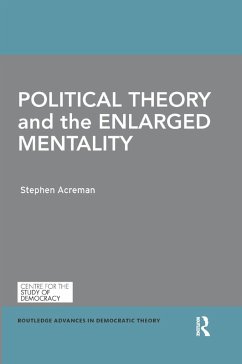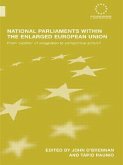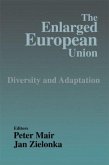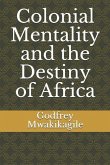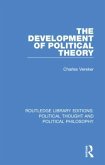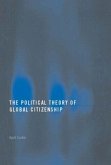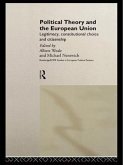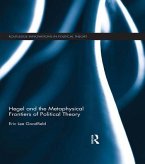In this book, Stephen Acreman follows the development and reception of a hitherto under-analyzed concept central to modern and postmodern political theory: the Kantian ein erweiterte Denkungsart, or enlarged mentality. While the enlarged mentality plays a major role in a number of key texts underpinning contemporary democratic theory, including works by Arendt, Gadamer, Habermas, and Lyotard, this is the first in-depth study of the concept encompassing and bringing together its full range of expressions. A number of attempts to place the enlarged mentality at the service of particular ideals-the politics of empathy, of consensus, of agonistic contest, or of moral righteousness-are challenged and redirected. In its exploration of the enlarged mentality, the book asks what it means to assume a properly political stance, and, in giving as the answer 'facing reality together', it uncovers a political theory attentive to the facts and events that concern us, and uniquely well suited to the ecological politics of our time.
Hinweis: Dieser Artikel kann nur an eine deutsche Lieferadresse ausgeliefert werden.
Hinweis: Dieser Artikel kann nur an eine deutsche Lieferadresse ausgeliefert werden.

